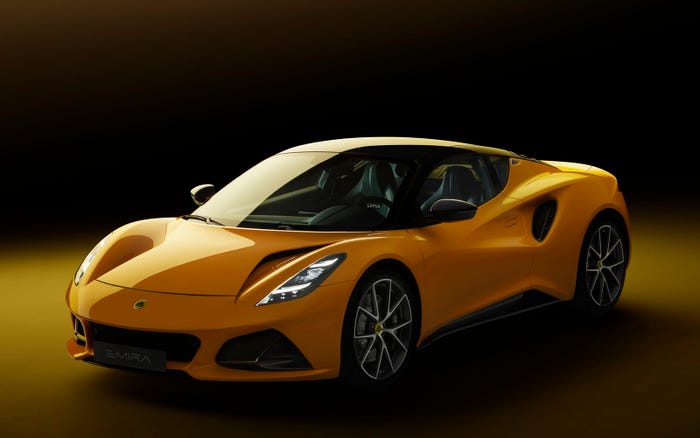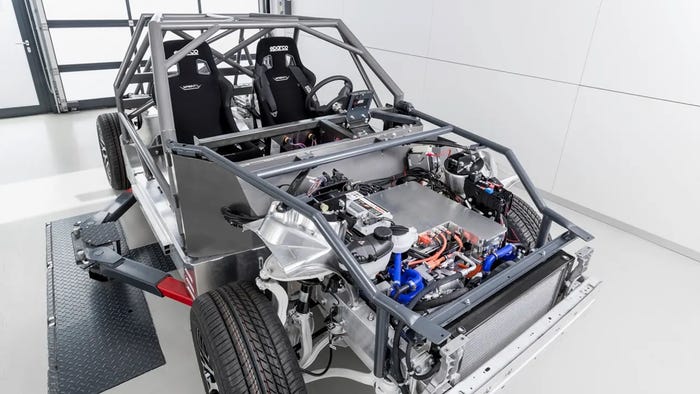Optimism on Rise as Russian Market Finishes 2017 on Strong Note
December new-vehicle sales rose 14%, driving the year to a double-digit gain.

A double-digit jump in Russian new-vehicle sales in 2017 is raising industry optimism for the coming year.
The Automobile Manufacturers Committee of the Association of European Businesses says 2017 ended with December sales up 14% year-on-year to 166,013 units. That pushed full-year sales up 11.9% to 1,595,737.
Committee Chairman Joerg Schreiber says December sales dynamics stayed in tune with the preceding months by improving at a two-digit pace.
“The market has a long way to go to return to its former strength, but a first and important step in the right direction has been made,” he says in a statement.
Avtovaz’s Lada brand continued its Russian dominance, finishing the year up 17% at 311,588 units, well clear of second-place Kia, up 22% at 181,947. Hyundai followed, up 9% to 157,858.
Despite Russian-American tensions, Ford stayed in the top 10, finishing with an 18% gain for the year to 50,360 units after a 37% year-on-year December jump to 5,705 units. The 2017 result still left it almost 12,000 units behind ninth-place Skoda.
General Motors’ Chevrolet brand saw its December result rise 7% to 3,475 units, finishing in 13th place for the year, up 5% to 32,071. Cadillac’s December result dropped 19% to 124 units, with annual volume up 7% at 1,365.
The Avtovaz-Renault-Nissan alliance bettered the industry 2017 performance, with sales up 16.0% to 553,752 units for a 34.7% market share – 1.2 points better than in 2016. Renault contributed 136,682 units to the result and Nissan chipped in 76,000.
Kia’s Rio took top model honors, with deliveries rising 10.3% to 96,689 units. Lada’s Granta followed, up 6.8% at 93,686, ahead of Lada Vesta, gaining 40.1% to 77,291.
Elsewhere, the Ford-Sollers joint venture is predicting its Russian sales will grow 10%-15% this year and says its Elabuga Assembly Operations in Tatarstan has created 600 jobs as it moves from a five-day working week – in effect for five years – to a six-day working pattern.
The new hires bring the total workforce at Ford Sollers’ two plants to more than 2,800 people. The expansion allows the JV to increase production in response to growing demand for Ford SUVs and commercial vehicles.
The Elabuga plant builds the Ford Kuga and Explorer SUVs and Transit CV for Russia and the Commonwealth of Independent States markets of Kazakhstan, Belarus and Armenia.
Combined sales of these models increased more than 50% last year, the JV says.
About the Author
You May Also Like



